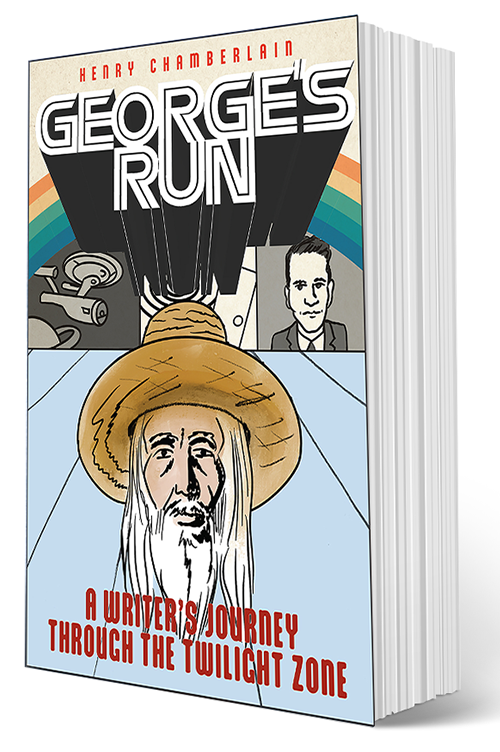There are two movies, just released for home viewing, that deal with the sticky subject of, what some call, “The Magical Negro,” which is something that is discussed in the social sciences and certainly has its place. One movie seems to just roll with it and the other emphasizes that point with a decidedly heavy hand. The one that rolls is “Beasts of the Southern Wild,” a movie that feels like a cross between “Where the Wild Things Are” and a dystopia set in New Orleans. The heavy handed one is “Butter” which goes to great lengths to be social satire.
“Beast of the Southern Wild” is the sort of seemingly hot mess that would attract the likes of Werner Herzog or Terry Gilliam. You have all these things going on at once in a vague, presumbably post-Apocalypse, something like New Orleans, post-Katrina, but worse, or perhaps just about the same. The main characters are a five-year-old girl nicknamed, Hushpuppy, played by Quvenzhané Wallis, and her father, Wink, played by Dwight Henry, who, at turns, displays flashes of anger which are due to frustration with the knowledge that he’s dying.
“Butter” is a very different sort of hot mess that might attract the likes of Ben Stiller or Christopher Guest. It is about a power couple (Laura, played by Jennifer Garner; and Bob, played by Ty Burrell) who have dominated a rather strange niche, competitive butter sculpture! Laura has gotten herself so worked up about their notoriety that she envisions them parlaying their status into politics, maybe all the way to the White House. Garner does a wonderful job of channeling Michelle Bauchman but her go for broke performance is still missing that something special that Parker Posey brings to the table. It’s still a good performance but it’s that sort of misfire that works its way throughout the movie. In this one, the magical little girl is named, Destiny (how could the writer’s resist?), played by Yara Shahidi. The twist is that the little girl is on it, she knows about playing the race card and she’s not there to be anyone’s noble savage.
It’s “Beasts” that pits Hushpuppy against the odds which, at first, may resemble the “magical negro” in American cinema where you have the downtrodden black character with mystical powers minus any real humanity. But Hushpuppy isn’t there to help white people anymore than Destiny is. Hushpuppy, half the age of Destiny, has pure innocence working in her favor. She is also a very symbolic character in a movie full of dystopian symbolism. The poor and forgotten people thought they had gotten a handle on their fate, foraging for food and living out of rusty old discards. And then the waters began to rise some more and flushed them all out. They are all carted away by the powers that be and placed in some quasi-hospital which leaves them all ill at ease. It leaves Hushpuppy in the lurch as she prepares for life as an orphan.
In “Butter,” Destiny is also an innocent bystander, a foster care child who doesn’t think she’s good at anything until she happens upon the Iowa state butter competition that Bob and Laura have dominated for so many years. Destiny discovers that she’s a natural at sculpting butter. She makes only one specific request of her new foster parents, who she deems as “too white.” She asks them for 200 pounds of butter. In no time, Destiny is well on her way to butter sculpting stardom. Destiny will show up all the white people by mastering the relatively simple butter sculpting techniques and using it to create sentimental work tugging at their guilt: a tribute to Harriet Tubman and, later on, a homage to an African American mother and child that even moves Destiny. When the pressure becomes too much, Laura pleads with Destiny that butter sculpting is all she has and, to that, Destiny tells her to think again. The point is well taken but comes across as belabored. It’s fun to note, that in comparison, Olivia Wilde’s performance as a whacked-out prostitute, with no agenda but her own survival, provides the most laughs.
“Beast of the Southern Wild” is such a wild and wooly affair that it manges to avoid being pinned down too easily. It is playing its own race card but more deftly. It also has a genuiely magical feel to it having nothing to do with race. Keeping to its dystopian theme, it is just as concerned about global warming and the like as it is with any white man’s guilt. It packs a unique mix of unexpected imagery and situations and never feels forced. The direction by Benh Zeitlin (from a screenplay by Zeitlin and Lucy Alibar) is so spot on that you assume that the main actors are professionals. At age five, it’s understandable not to be surprised that this is Quvenzhané Wallis’s first film. But Dwight Henry could be easily assumed to be a seasoned actor and yet this is his first role ever. Like the rest of the cast, Zeitlin and his team had set out to create something very organic, tilling the movie’s cast from the soil of its location off the Gulf Coast of Louisiana. It is a delicate process to get right but this movie manages to do it and provide us with an authentic work.











